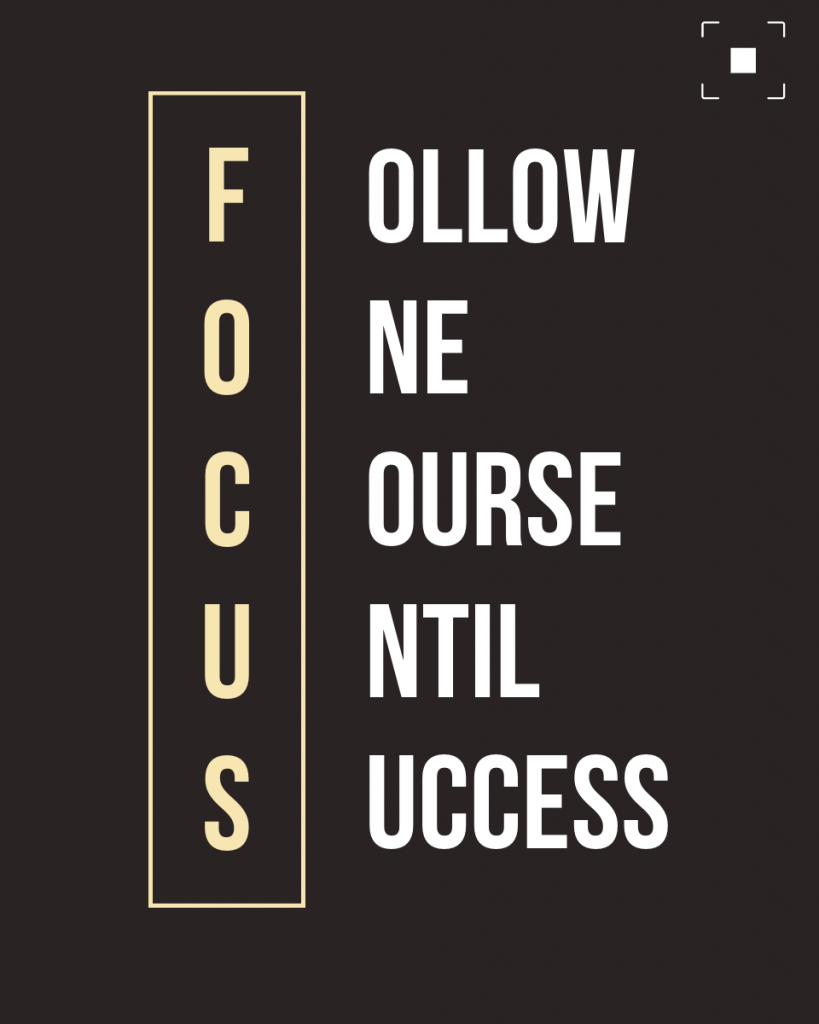
Over the past month, we posted our list of 24 steps to sync success, and I think we left out three worth mentioning: believe in yourself, your music and never give up.
Working in the world of creating and licensing music for media can be a difficult business filled with competition and rejection. This is the reality of the world we work in.
With that said, in my experience, I’ve found that those who persevere, create or represent great, properly mixed and mastered music that has heart, approaches briefs in a professional matter with good metadata and a knowledge of the ownership of their music will succeed in this business.
Speaking for myself, I have been told over the years by some top music supervisors – people respect and I consider friends – that some of the music and the artists I represent and believe in either wasn’t needed, wasn’t special or that there was so much of that type of music that it’s going to be impossible for me to differentiate it from the plethora of similar music from other companies and music libraries and I should focus on other music and artists in my roster.
Fortunately, I didn’t follow this advice. Because If I had, I’ve had missed out on some of my most prominent, award-winning syncs. And, though it took a decade for some of these syncs to come through for this music, I was right to persevere and though they were well-meaning, the naysayers were ultimately wrong.
When I first got this advice years ago, it was tempting to follow it. I was just starting out, and these people were successful professionals in TV, film and other media. I respected them, and I still do.
But even then, I felt they were wrong – that they didn’t know this type of music and that it didn’t make sense for their projects, but that it would make sense for a project at some point because I believed the underlying quality of the music was great.
Now, fast forward almost a decade, and I’m in a different place. I’m an experienced sync agent who dabbles in music supervision. I’ve won a Clio. I’ve worked on multiple, incredibly complex deals successfully and delivered on time and on budget. And I’ve learned a few things along the way that I would like to share with you in the spirit of helping you keep a positive mental attitude in a difficult, competitive industry.
1. Zoom out: There are a LOT of projects and a LOT of music supervisors looking for music. Don’t let a few people in the industry sway you away from believing in your music.
Many people make the mistake of obsessing on a few music supervisors that are working on projects that think are cool. And, while I fanboy on projects as much as the next person, in business I zoom out, look at the entire business strategically and research the types of projects that would potentially work best for my music. And I don’t solely focus on one area of media.
Personally, I enjoy working with ads and brands more than other media. Some of you may enjoy working with film or TV/streaming, or games. And this is great. Most of us favor one type of media versus another. But from a business perspective, it is important to look at all the sectors of this business, research how music is being used, what types of music are being used by what projects, and then use this as a guide to who and what types of media you introduce to your music.
There are thousands of music supervisors across the world, and there’s a lot more opportunities for licensing your music than the Netflix Top Ten. And there are a lot more people licensing and commissioning music than music supervisors.
From Creative Directors at ad agencies, to marketers at brands, to direct deals with game developers and working with trailers houses, zooming out, seeing who is using what type of music and then introducing your music to people who are most likely to use they type of music you make or represent is a better strategy for success than focusing on getting your music in a specific series or film.
2. Get the fundamentals right: Make your music licensable. This is a simple but important point that if you get right will have other people believing in your music as much as you do. You may make or represent great music, but if it is not mixed and mastered correctly, or you cannot explain who owns the music you are presenting, or if it has missing metadata, the music will not be used.
The reason why this is the case is that without accurate ownership information, or correct metadata, your music isn’t findable, licensable, or payable. And, in a real-world scenario, most people will not take the chance on using your music if there’s missing metadata or doubts on ownership.
Similarly, if the music isn’t ready for release to your fans, it’s not ready to be used in an ad, a game, a series, trailer, or a film that can have literally millions of dollars on the line.
Make sure you get these fundamentals right and you’ll be seen as a professional who’s a potential trusted music resource. Believe in and implement these fundamentals in your music and others will believe in you and your music too.
3. Take a long-term perspective: This business is a marathon, not a sprint. I’ve seen many, many people enter this business excitedly, only to be discouraged and lose their belief in themselves and their music after a few months of not getting any traction, making few inroads in making connections and not getting any projects.
Don’t do this. I have friends of mine I’ve known over a decade who have never used the music I represent, and that’s fine, because I know the types of music they need are different than the types of music I have available. And, I represent music from artists that didn’t get used for years that has become some of the most used music I represent.
I believe the reason I have been successful with my music is because I took a long-term view. I believed in what I represent, created awareness, built my network, vetted the fundamentals behind my music and kept moving forward. You should do the same. Take a long-term view and don’t let short-term frustrations take you off your focus.
4. Find people to collaborate with, to commensurate with and to help you. Don’t isolate yourself. Join online communities, go to events, if you’re an artist, find a sync agent that believes in you, and if you are a sync agent, reach out to people more established people in the industry you can collaborate with and/or learn from.
Learning from the experiences of others and finding allies you can collaborate with in this field can give you inspiration, new avenues of business, new collaborators and help you gain experience that will help you build a solid business.
5. Find some kind of wellness practice to help you get some perspective. All of us in this business need to take some time to get perspective. It can be exercise, yoga, sports, therapy, meditation, breathing exercises, taking time with family and friends, going out and seeing music, going for a walk – whatever you choose to do, it’s take time away from your music in media practice.
6. Keep learning, keep refining your approach, keep building your practice and keep making or representing great music. Alongside keeping perspective, taking a long term view, getting the fundamentals right, making great music and zooming out, avail yourself of resources that can help you to learn fundamentals, build your network and refine your approach to this business.
Sync Summit can help. From our online community, to our events to our mentoring programs, we’ve created resources that can help you build your music in media practice and position yourself and your music for success including our Sync Support program with Music Supervisor Chris Mollere.

